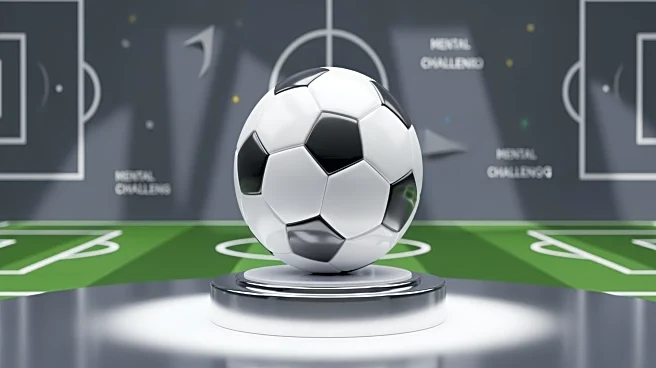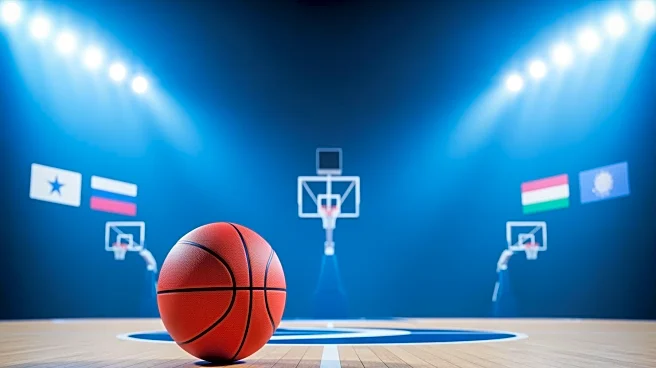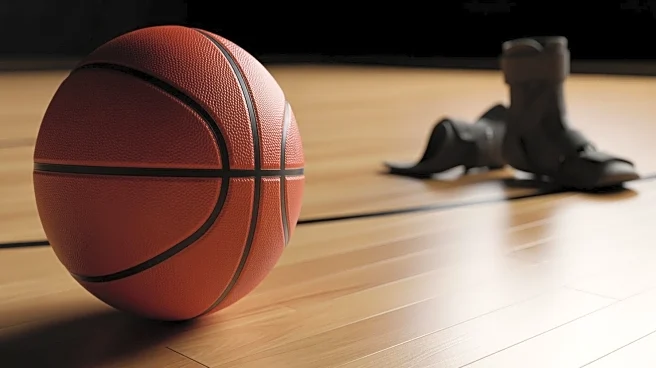What's Happening?
Fabio Borini, currently playing for Salford City, has highlighted Mario Balotelli and Andrea Pirlo as two of the best players he has played alongside during his career. Borini, who recently returned to
English football, signed with Salford City in mid-October after leaving Sampdoria. Reflecting on his time at Liverpool, Borini noted Balotelli's exceptional technical abilities but mentioned his struggles with mental control. Borini's career has spanned ten clubs, including four in England, and he was Brendan Rodgers' first signing as Liverpool manager in 2012. Despite limited game time due to form and fitness issues, Borini's admiration for Balotelli remains strong.
Why It's Important?
Borini's comments on Balotelli underscore the challenges faced by talented athletes who struggle with mental aspects of the game. Balotelli's career, marked by technical prowess, has been hindered by off-field issues, highlighting the importance of mental health in sports. Borini's reflections also shed light on the dynamics within professional football teams and the impact of managerial relationships on player performance. This discussion contributes to broader conversations about athlete well-being and the need for support systems within sports organizations.
What's Next?
Borini's move to Salford City represents a new chapter in his career, with potential implications for his future in English football. As he continues to play, his experiences and insights may influence younger players and contribute to discussions on mental health in sports. Balotelli's career trajectory remains uncertain, but Borini's praise could spark renewed interest in his abilities, potentially leading to new opportunities for the Italian forward.
Beyond the Headlines
Borini's admiration for the Lionesses, England's women's football team, highlights the growing influence of women's sports and its impact on young girls. His comments reflect a cultural shift towards inclusivity and the empowerment of women in sports, suggesting long-term changes in societal attitudes and opportunities for female athletes.










